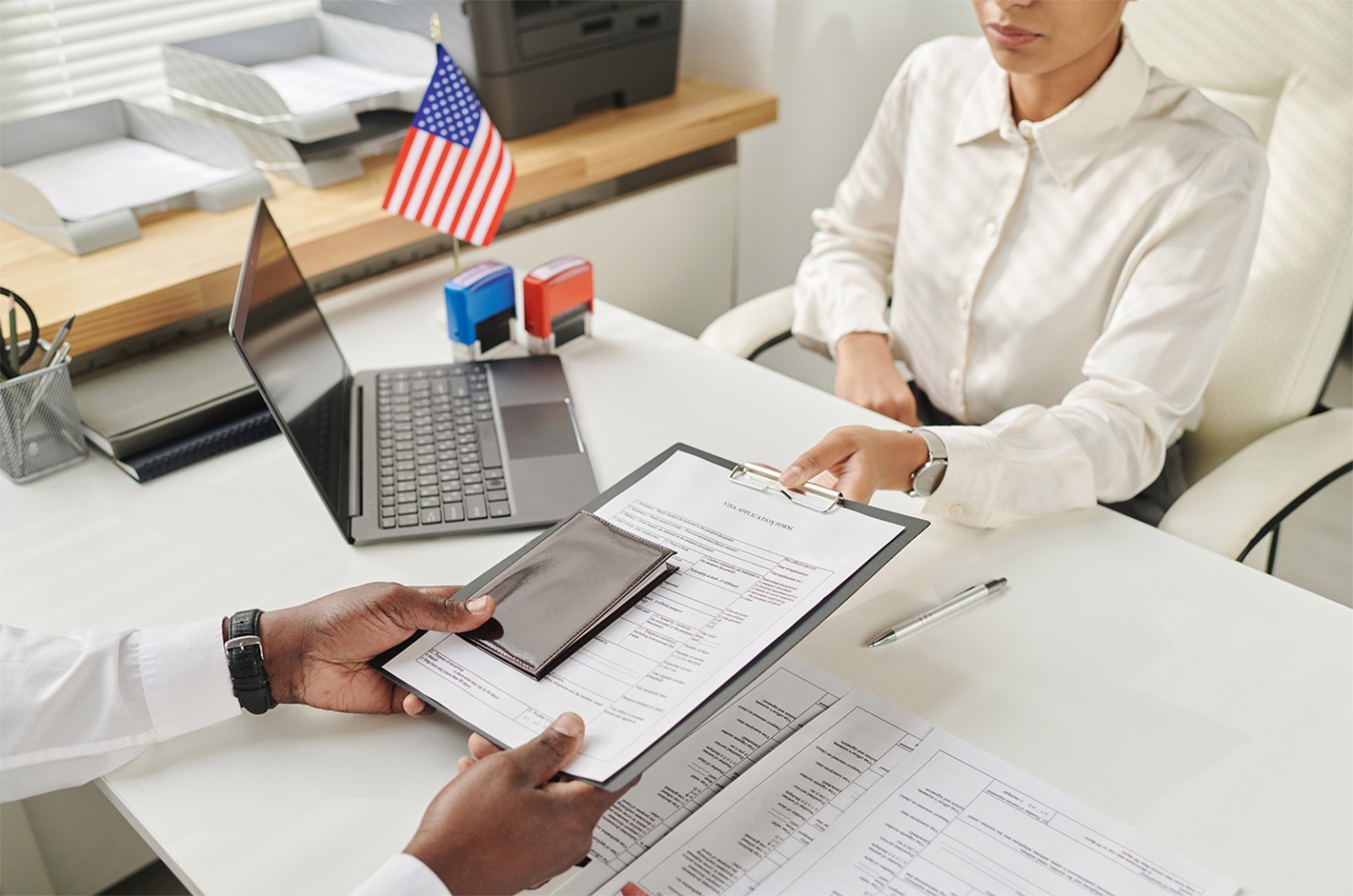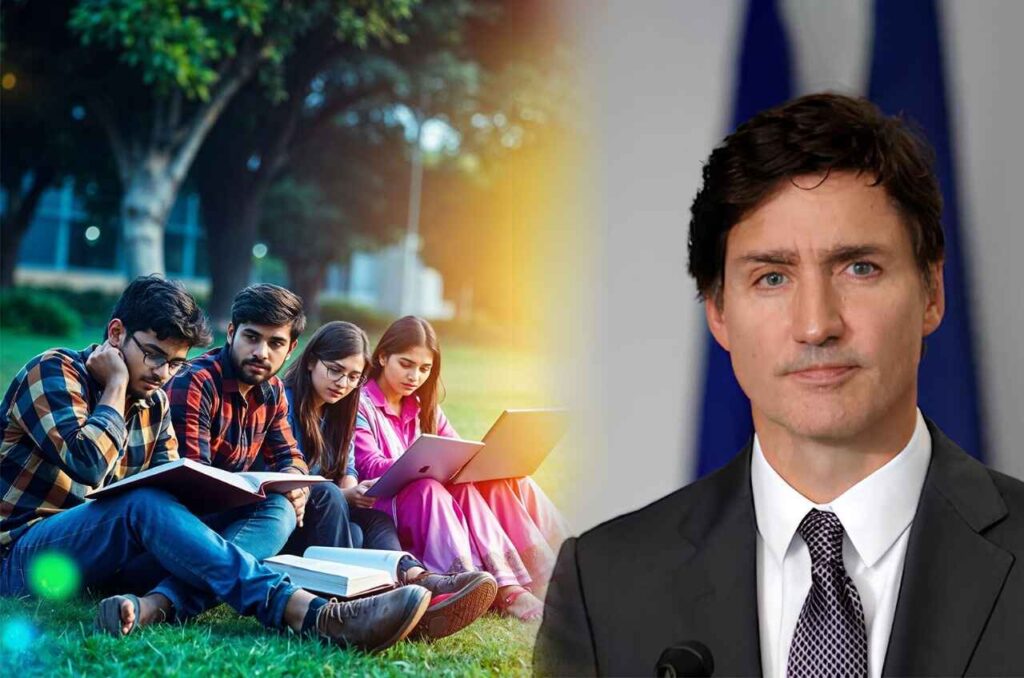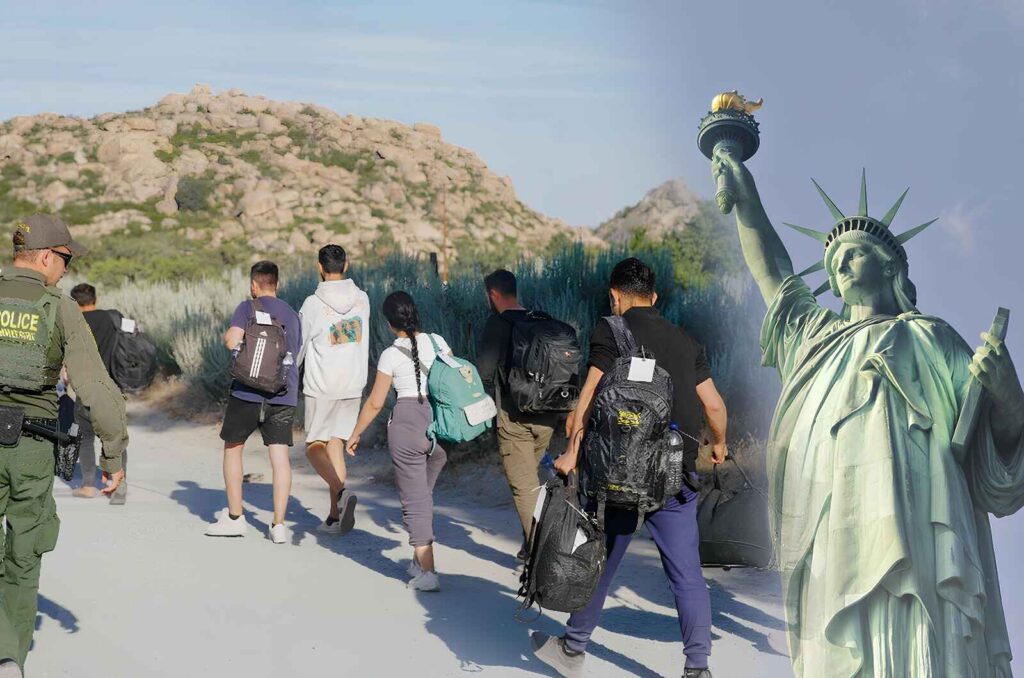You have been accepted by an American university or college. Congratulations! This is certainly one victory, and it is time for the next battle. If you can conquer the next battle, that is clearing the US study visa interview round, you are heading to attend the next study session. However, achieving this feat requires careful planning and proper guidance.
Every year thousands of students apply to study in the US. The appeal of studying in this country is beyond comparison. However, before you can board an airplane to the US you will have to meet and talk to a person at the US embassy. This meeting will be a once-in-a-lifetime experience for you.
Facing the F1 visa interview questions is both easy and tricky. To say the least, it is the easiest drill that can be quite difficult to master. What is expected from a prospective student wishing to study in the US is to be aware of what he or she is doing and why it is being done. As a student visa applicant, the US embassy considers you an adult aware of everything written on your visa application form. You need to have an answer to any question that the embassy person poses.
You should bear in mind that your activities are monitored right from the moment you enter the embassy. How you conduct yourself inside the embassy may not attract approval, but it can certainly fetch disapproval. In this light, it is worth considering a few factors before taking the big plunge.
How to Dress Up for the Interview
Picking up the right clothes to wear shows your seriousness and professionalism. Even though there are no rules laid out on what one should or should not wear, it makes part of common sense. Staying clean and hygienic is the basic requirement for any public meeting and this applies when you appear for the visa interview as well. Showing up in formal attire with nothing gaudy or flashy will make you pleasing to look at and presentable.
Many people like to wear jewellery, so it is recommended to keep accessories to a bare minimum, as it can be quite distracting for the interviewer. Some may have religious requirements to wear jewellery but it should be kept to the point where the requirements are met, for the occasion. The same rule applies for using a fragrance, while you must smell refreshing, just don’t overdo it for this appearance.
Stay Arranged and Synchronised
It does not make a good impression if you have to juggle inside your documents file to find the right papers that are asked. Some of the documents that you are expected to carry as you appear to answer F1 visa interview questions include:
A completed DS-160 visa application form, I-20/SEVIS form issued by the US university you wish to attend, receipt of your visa application fee and SEVIS, passport, and visa appointment letter. Even though the US embassy must have already received all the documents, they may ask for any document in its physical form if the need arises.
Other documents you must bring with you include certificates, transcripts, diplomas, and standardised test scores. Documents related to personal ties with the homeland, finances, and returns must also be carried. One is also required to carry proof of relationship with the sponsor and employment documents of the sponsor may also be asked. Important here is all the documents need to be arranged in an order, and it would be best if the student who will face the interview accomplishes this task. By doing so, the student will know how the documents are being kept.
Common Types of F1 Visa Interview Questions
All set and ready, we now move on to the final big hurdle. The objective of the visa interview is to find out how well a prospective student knows about the journey that he or she wishes to undertake. Bear in mind that the US embassy already has complete information about you, they want to know how well you know about your stuff. The questions that will be asked can be broadly categorised into, what is the study plan of the student, why a particular university has been picked, what academic capabilities does the student have, what is the financial status of the student’s home, and what are the plans after graduation.
The interviewer wants to find out whether you have done some research and considered other options or if you want to go to the US just because someone has recommended you. If you can brief the options that are available in other countries, and how the US scores better than others, you will sound convincing enough to the interviewer.
You may also be asked, why don’t you pursue your education in your hometown? Here you can detail the difference in infrastructure between the two countries. You can quote examples of how there are minimal facilities in pursuing that particular programme in the home country but there are ample opportunities to learn and train in the US. In case the particular programme is not available in the home country, it can work towards your benefit.
The interviewer may also ask how many universities you have applied to. Why you picked a particular university and what is the location of this university? Questions related to your academics will also be there, such as how much you scored in language tests and other standardised tests.
Are You Aware of Who Funded Your Education?
Questions regarding financial requirements will also be asked. In case the student has taken the loan, he or she should be aware of the bank from which the loan is taken, the amount of loan raised, along with other details about the loan. Financial knowledge is one area where the majority of the students become clueless, and face rejection. Talking about the Indian scenario, finances are arranged by the parents or guardians of the student, and they have little or no knowledge about it. However, when you are applying to study in the US and are about to appear for F1 visa interview questions, you should be aware of these things.
Last but not least, what do you plan to do after completing your degree in the US? This one last question can be an icebreaker for you. You must ensure not to give a single hint that you plan to stay back in the US after completing the degree, even if this is your ultimate goal. You may be denied the visa if you show such inclination. You can state strong family ties and the rising job market in the home country, as some of the reasons for returning to your home country. Make sure everything works your way during the interview, talk to overseas education consultants in Chandigarh for more details.
Study Visa Approval
Proper planning and preparation are important to clear the US visa interview. The main purpose of this interview is to find out how serious you are towards the task you are vouching to undertake. Standing clueless on a question clearly shows that your visa application has been filled by someone else, and you didn’t even care to read it. As a student wishing to embark on international education, it is important to know what is written with your name on a visa application form. Awareness of everything related to your study is key to the US study visa approval.


